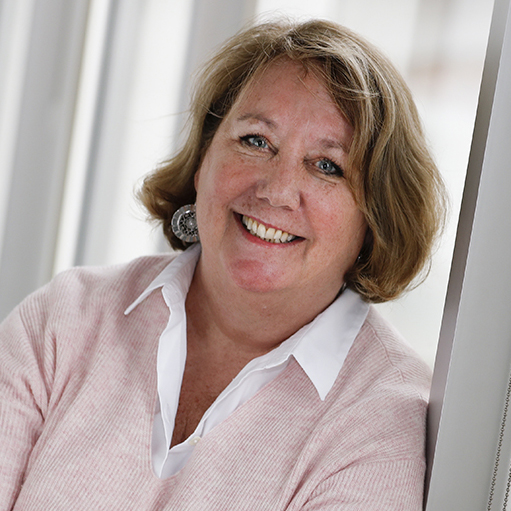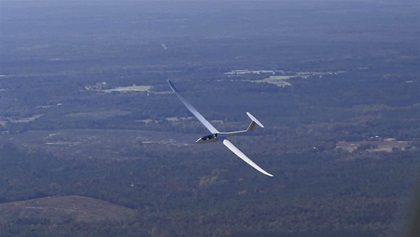Career Spotlight: Dive left
Glider tow pilots carry you to the thermals

“I remember something my old dad told me when I asked him why he chose to be catcher for his softball team, a position that is usually very low profile,” said Jim Hanson, airport manager at Albert Lea Municipal Airport in Minnesota. “He replied that from this position he was in on every pitch and every play in the game—what could be better? Being a glider tow pilot is like that!”
Hanson should know. Many of his more than 30,000 flight hours were as a glider tow pilot. “A good tow pilot is indispensable for every successful glider club or commercial operation. Since the tow pilot is the point of contact with customers, they should have good people skills. We call the towplane the ‘airline pilot’s finishing school’ since the very things that the airlines are looking for are taught to tow pilots,” Hanson said.
Hanson compares the tow pilot to the lead pilot in a formation flight. He or she is responsible for traffic avoidance, maintaining formation, smooth and predictable flying, and guiding the glider pilot. “What we are doing here is almost an airshow act—flying formation tethered to a 200-foot rope,” Hanson quotes glider tow pilot and author Bob Wander as saying.
Glider tow pilots are regulated by FAR 61.69. Glider tow pilots must be at least a private pilot, be rated in the category of aircraft being used, and have logged at least 100 hours as pilot in charge in the class and category of aircraft. They must also have a logbook endorsement from a pilot who has already met FAR 61.69 and accompanied the pilot on three flights while doing real or simulated tows. Tow pilots must also log ground and flight training in gliders.
“Every professional tow pilot I’ve ever encountered says they do it because they love being around gliders and glider people. Gliding is a very social sport. Since gliders rarely fly if there is no lift, the equipment is put away before sundown and the barbecue grills come out,” Hanson said. “There’s a lesson in here for the rest of general aviation—unlike the rest of GA, glider pilots are in it for life.”

 Qualifications
Qualifications

